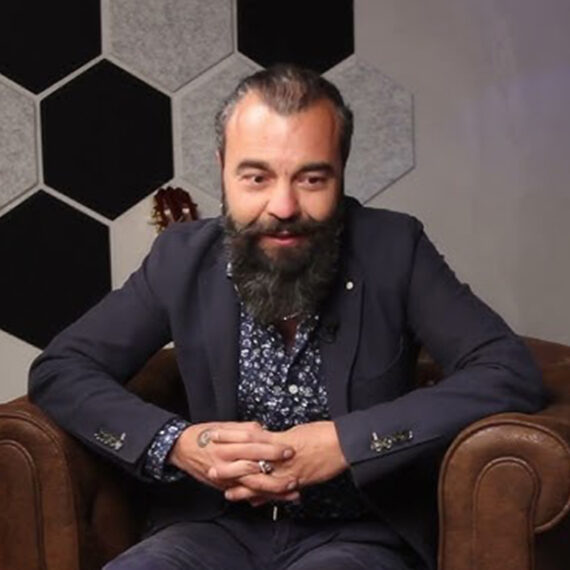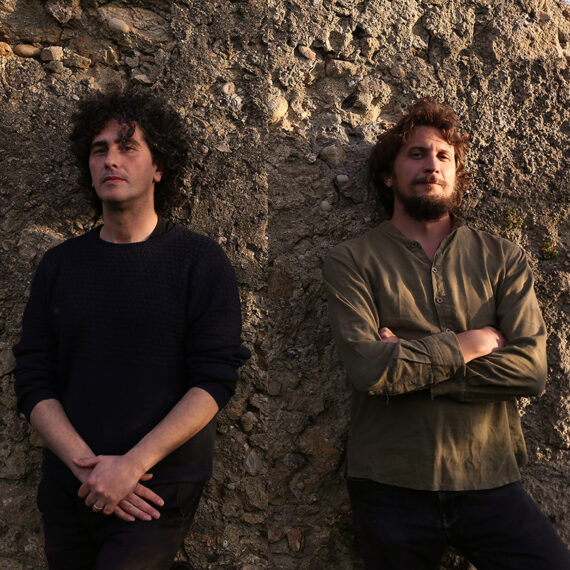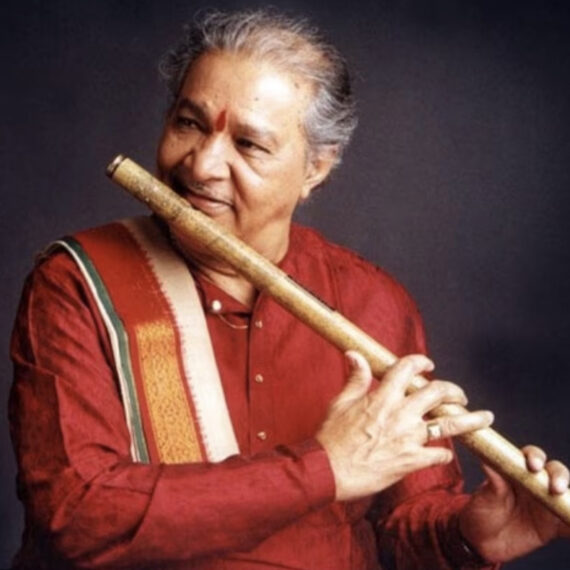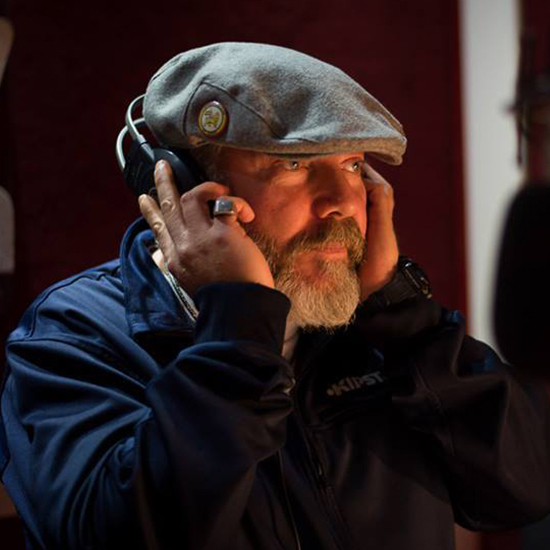Casa Munnu
Casa Munnu is the last story of poetic stories by Biagio Guerrera – poet and singer Catania loved by Andrea Camilleri – published by the publishing house Mesogea in the spring of 2021. It is a book that welcomes under the transparent and starry roof of a House-World a microcosm of voices that speak, whisper, sing, strictly in Sicilian dialect, languages and passions of the world we inhabit. But Casa Munnu is also a traveling concert/recital project that can be used from time to time in the collaboration of friends singers and musicians. Casa Munnu is an open house, wide open to the wind, the sun, the rain, the winter sea, the starry sky, the fields of inner Sicily. House Munnu is a hospitable house, open to friends, animals, there is a family atmosphere, wine, songs, smell of good food. Casa Munnu is exposed to emotions, to joy, to pain, to love, to tears… she is exposed to life, to all her gifts, even those we never wanted to receive. Casa Munnu survived an earthquake, but is still standing, and around now is full of flowers.
Biagio Guerrera
Biagio Guerrera
Born in Catania in 1965, he studied singing with Michiko Hirayama. He is one of the founders of the artistic collective Famiglia Sfuggita, with which in 1992 he presents, in Santarcangelo dei Teatri, Idda, later included in his first poetic collection entitled Idda (Il Girasole, 1997). In 2003 he participated in the creation of Dalle sponde del mare bianco (Mesogea, 2003), together with the Dounia and the Tunisian poet Moncef Ghachem. In 2009 he published, Cori niuru spacca cielu (Mesogea) and in 2011, Quelli che bruciano la frontiera (Folk studio ethnosuoni) together with Moncef Ghachem and the Pocket Poetry Orchestra. His interest in the Sicilian language led him to collaborate with the playwright Carmelo Vassallo and to work on the texts of Salvo Basso and Nino De Vita, signing to some operas. It carries out an intense activity of curator and cultural operator in different associations (Associazione Musicale Etnea, Festival Internazionale di poesia Voci del mondo, Leggerete, SabirFest). His texts have been published in various magazines and anthologies, in Italy and abroad. Casa Munnu (Mesogea, 2021) is his last collection. In 2019 he won the Lerici Pea Prize “Paolo Bartolani” on the recommendation of Andrea Camilleri and Manuel Cohen.
Puccio Castrogiovanni
Born in Catania in 1962 to a family of artists and musicians, he began as a child to study the piano and play the marranzano and the guitar. He plays various ethnic instruments indifferently: from keyboards to picks, from winds to percussion. He is one of the founders of the musical group I LAUTARI, with whom he has been performing and recording for over twenty years. The Lautari move in the wake of popular tradition and its renewal with a project that pre-sees the research and reworking of Sicilian songs, but also the composition of unpublished songs in respect of traditional motives and forms. In 2007 Puccio Castrogiovanni began his collaboration with Roberto Zappalà and the company Zappalà dance, on the occasion of the realization of “Instrument 1 <discover the invisible>”, by Roberto Zappalà realized within Etnafest Arte, for which Castrogiovanni ef-fettua an original research on the marranzano. The show still on tour has been performed all over the world and over a hundred replicas have been made. Then Castrogiovanni also signed the music of “A.semu all devotees all”, created by Roberto Zappalà, who won the Dance & Dance Award as best Italian show 2009.
Riccardo Gerbino
He studied Latin percussion with Rosario Jermano and Arabic percussion with Mohamed Fares. He also studied Latin percussion. Continue to deepen the study of the tablā with Pandit Sankha Chatterjee. In 2019 he published Il libro del tablā (Quarantanve Edizioni, 2019) He has been working since 1996 with his own group, Dounia, with whom he recorded the CDs New World (2002) and Monkey (2005), both published by “il Manifesto”; Silent Town (Dounia & Marta Collica) for Viceversa Records (2016)and From the shores of the white sea (Dounia and Moncef Ghachem) to Mesogea (2003). In addition to the projects of which he is co-founder, Dounia, Luftig, Pocket Poetry Orchesra, and Quattro Canti, he collaborates in studio and live with musicians of various musical genres, such as: Luiza Brina, Gianni Gebbia, Alessandro Mannarino, Eyal Maoz, Marta Collica, Hugo Race, Sepiatone, Amato Jazz Trio, Cecilia Pitino, Juri Camisasca, Carmen Consoli, Brando, Flor, Carlo Muratori, Vincenzo Spampinato, Gen Rosso, Paolo Buonvino, Nakaira, and many others. He has participated in numerous festivals in Italy and abroad: Art Stays 2012, Ptuj, Slovenia; Sete Sóis Sete Luas 2007, Portugal; Medvoices Fest 2005, Crete; Devotional Music Festival 2004, Istanbul; Journées Théåtrales de Carthage 2003, Sidi Bou Said, Tunis; Rossini Opera Festival 2002, Pesaro; Womad 2001, Reading, UK; 2, World Music Festival 2000, Belo Horizonte, Brazil; Womad 2000, Palermo; 1. World Music Festival 1998, Belo Horizonte, Brazil; Festival de Teatro Clàsico 1997, Isla Margarita, Venezuela.



